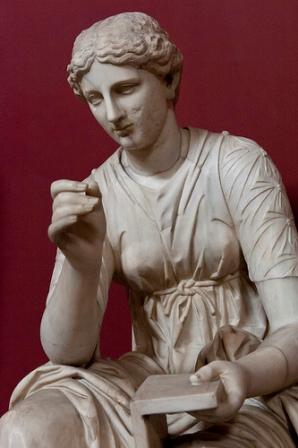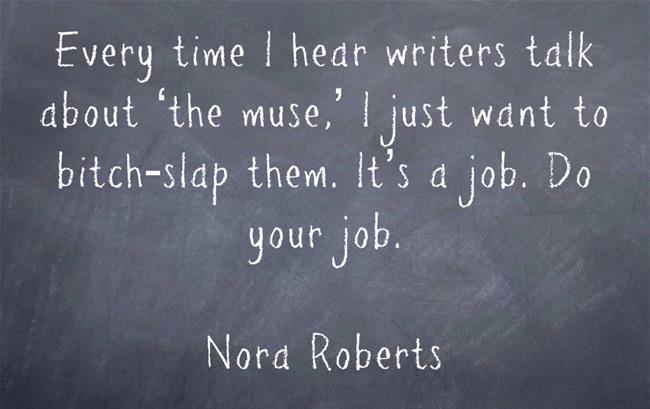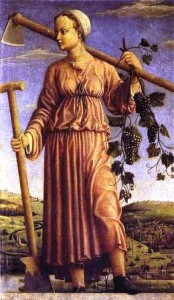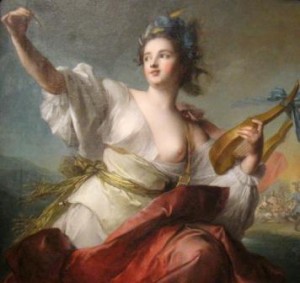King James Bible (Cambridge Ed.)
No man can serve two masters: for either he will hate the one, and love the other; or else he will hold to the one, and despise the other. Ye cannot serve God and Mammon.
I’m editing at the moment. Major structural editing – not nice little finicky detailed stuff I can noodle away at for hours but, as Emma Greenwood so succinctly put it, wrestling the plot snake.
For me, it feels like forensics or reconstructive surgery or some seriously messed-up palaeontology. There are all sorts of unattached bits – which bone goes where, is there more than one dinosaur here – oh look, that’s mammalian from another epoch. My first draft is like the scrapings from the bottom of a tar-pit – a jumble of mismatched fragments that some over-enthusiastic amateur assembled into a monstrosity.

Oh – that would be me.
And I do have some help.There are people who can tell me what sort of shape it ought to be. They know the market, know the form. They can help me make my work meet expectations.
But therein lies the rub. What if it’s something new I’ve uncovered? Whose advice to take with a different kind of a tale – and how would I know with so little experience? Could I re-arrange the pieces into something extraordinary? But whatever I do, I don’t want to create a chimaera, a GMO of a story which suits no-one.
I was mulling over this when I came across this generous and honest reply by Joanne Harris to a young man who had not enjoyed her two Rune books. [Do read all of it – it is an object lesson in how to respond on-line]. This is the paragraph which stuck out as if highlighted by the Muse in cerise –
A writer can (and should) only try to please one person at a time. That person is the writer herself – because trying to please anyone else, or modifying what you write for the sake of a real or imagined readership leads, not only to madness, but to dishonest writing. And, whatever else we expect of them, we need writers to be true.
My blood fizzes at that with a thrill made of recognition and anxiety. There’s the peril I may never produce something that someone else wishes to publish. Mrs Sensible says I must produce something marketable. She holds out her phone with the image of someone reading and enjoying my book – it is tagged ‘success’.
And like all true temptations, it is based in truth – that is my definition of doing well.

But as I gaze at that, the Muse wanders away. She is a jealous goddess and wants my undivided attention.
What I want, then, is the wisdom to reshape my work to be the thing it is – only better. I want to listen to advice with discernment, to make changes for the deepest and best of reasons.

I can only have one Mistress.











